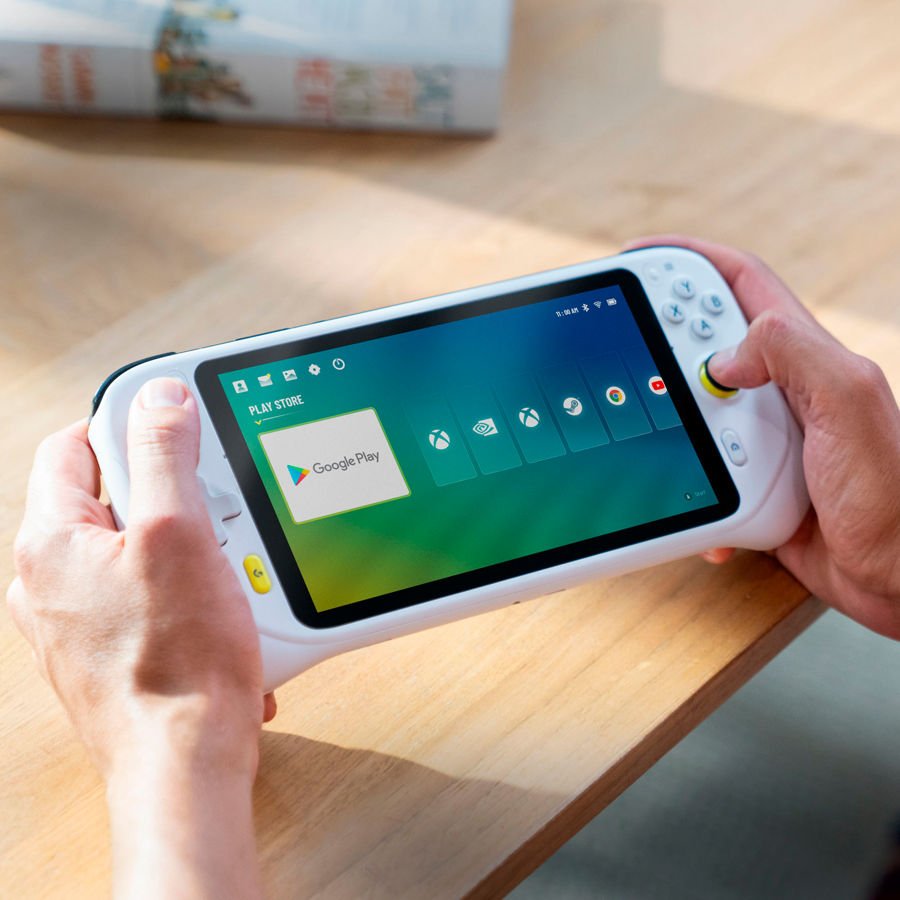Bitcoin has evolved into more than just a digital store of value or speculative investment. It has penetrated various industries, including the world of mobile gaming.
The integration of Bitcoin into mobile gaming experiences has brought about significant changes, creating new opportunities for both players and developers. Keep reading to learn the impact of Bitcoin on mobile gaming experiences.
1. In-Game Purchases and Microtransactions
Mobile games use virtual currencies, or items players can buy to enhance their gaming experience. Thanks to its ease of use, security, and global accessibility, Bitcoin has provided an alternative payment method for such transactions. Here are a few reasons Bitcoin is an excellent payment option for microtransactions and in-game purchases.
Anonymity and Security
Bitcoin transactions are pseudonymous. They offer privacy and security that traditional payment methods may not provide. Players can complete purchases without revealing private information. This lowers the risk of identity theft and fraud.
Global Accessibility
Bitcoin transcends international borders. It makes it easy for players from various parts of the world to participate in mobile gaming without the limitations of traditional payment methods. This global accessibility has expanded the reach of mobile games to a more diverse audience.
Reduced Transaction Costs
Traditional payment methods often come with fees that can affect the value of in-game purchases. Bitcoin transactions typically have lower fees, ensuring that players get more value for their money.
2. Decentralized Gaming Platforms
Bitcoin has fostered the development of decentralized gaming platforms that leverage blockchain technology. Some of the newest Bitcoin casinos use smart contracts and decentralized applications (dApps) to enhance trust building. This way, they can offer players a more transparent and fair gaming environment.
3. Transparency
Blockchain technology provides an immutable ledger of all in-game transactions, ensuring that games are fair and transparent. Players can verify the authenticity of in-game assets and transactions, reducing the likelihood of cheating or manipulation.
4. Ownership of In-Game Assets
Blockchain-based gaming platforms give players true ownership of in-game assets, which can be bought, sold, or traded across different games. This gives them more control and opens up opportunities to create unique, valuable assets.
5. Play-to-Earn Models
Some decentralized gaming platforms have embraced the play-to-earn model, where players can earn cryptocurrency by participating in the game. This economic incentive has attracted a growing player base, including professional gamers who can make a living through gameplay.
6. Integrating Bitcoin for Real-World Rewards
Mobile games are increasingly incorporating Bitcoin as a reward mechanism for players. These games allow players to earn cryptocurrency in the virtual world, which can then be converted into real-world value.
Many mobile games offer Bitcoin as prizes for completing various in-game challenges or achievements. It is an extra layer of motivation for players, as they can earn actual money while enjoying their favorite games.
7. Bitcoin Tournaments
Competitive mobile gaming has witnessed the rise of Bitcoin tournaments, where players can compete for cryptocurrency prizes. This adds excitement to the gaming experience and allows skilled players to monetize their talents.
You can have lots of fun on Bitcoin gambling sites or casinos not on Gamstop (UK), as they offer more flexibility. Take advantage of the profitable tournaments without Gamstop limitations.
8. Enabling Borderless Virtual Economies
The integration of Bitcoin into mobile gaming has brought about borderless virtual economies. Players from diverse regions can now participate in global gaming ecosystems.
This global connectivity fosters social interactions, cross-cultural exchanges, and economic opportunities within virtual gaming worlds. It also allows for the creation of cross-border gaming communities where players from different parts of the world can collaborate and compete.
9. The Rise of NFTs in Mobile Gaming
NFTs have become prominent in integrating Bitcoin and blockchain in mobile gaming. They are unique digital assets often used to represent in-game items, characters, or collectibles. These assets are stored on a blockchain, making them verifiable and tradable. Mobile game developers have embraced NFTs as a way to enhance player experiences. They offer rare, one-of-a-kind items that players can buy, sell, or trade.
NFTs have introduced the concept of digital scarcity to mobile gaming. Owning exclusive, collectible in-game items adds a new layer of excitement to the gaming experience. These items can also appreciate over time, providing opportunities for profit.
They give players true ownership of their in-game assets. It allows them to take these items to other games that support NFT integration. This interoperability increases the utility and value of these digital assets.
Blockchain-powered marketplaces have become popular as well. They allow players to buy, sell, or trade their in-game items for Bitcoin and other cryptocurrencies. These marketplaces create a thriving secondary economy within the gaming ecosystem.
10. Monetization Opportunities for Game Developers
The rise of crypto has offered a chance for mobile game developers to provide exciting experiences. Most importantly, it has offered a new way to monetize gaming experiences. For example, certain games now allow gamers to attain specific rewards upon reaching certain milestones. Others let you buy virtual currencies with crypto.
Challenges and Concerns
While Bitcoin’s impact on mobile gaming is mostly positive, it also comes with some challenges and concerns. First, the price volatility can result in significant losses.
The value of Bitcoin is always evolving, which can affect the value of in-game purchases or earnings. Developers and players must consider the potential risks associated with Bitcoin’s price fluctuations.
The regulatory landscape for cryptocurrencies is still evolving. Game developers must navigate this uncertainty and ensure they comply with relevant laws and regulations. This is especially important when dealing with the exchange of Bitcoin for real-world currency.
As Bitcoin becomes more integrated into mobile gaming, the risk of hacking and fraud may increase. Developers need to prioritize security measures to protect players’ funds and assets.
Bitcoin and blockchain technology can be intimidating for newcomers. Developers must educate players on using cryptocurrencies effectively within games and ensure a seamless onboarding process.
Scalability may also become a problem. Bitcoin transactions can sometimes suffer from slow confirmation times and high fees during periods of network congestion. Developers must consider solutions, such as layer-2 scaling or alternative cryptocurrencies, to ensure a smooth gaming experience.












Comments